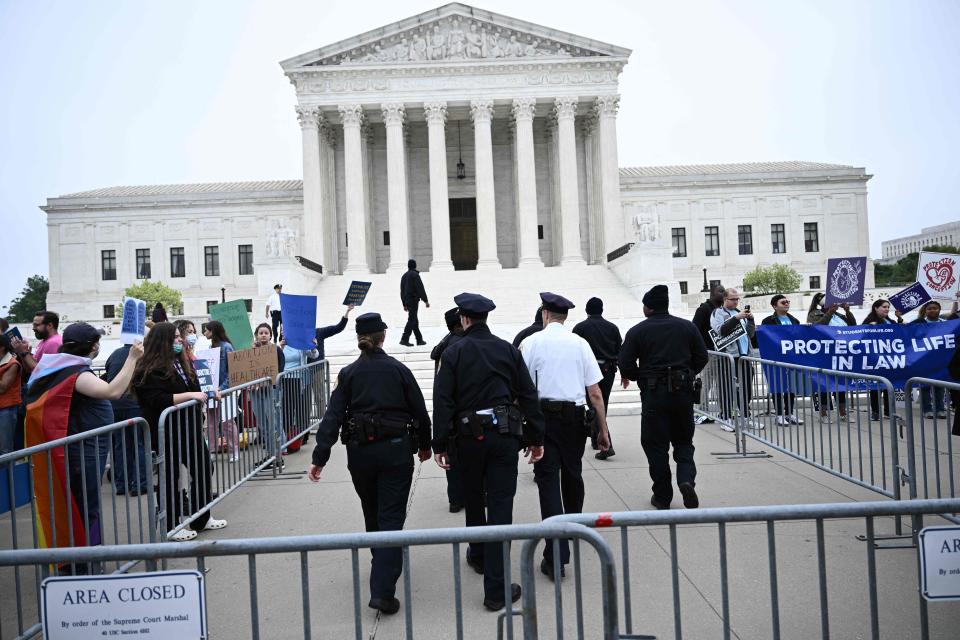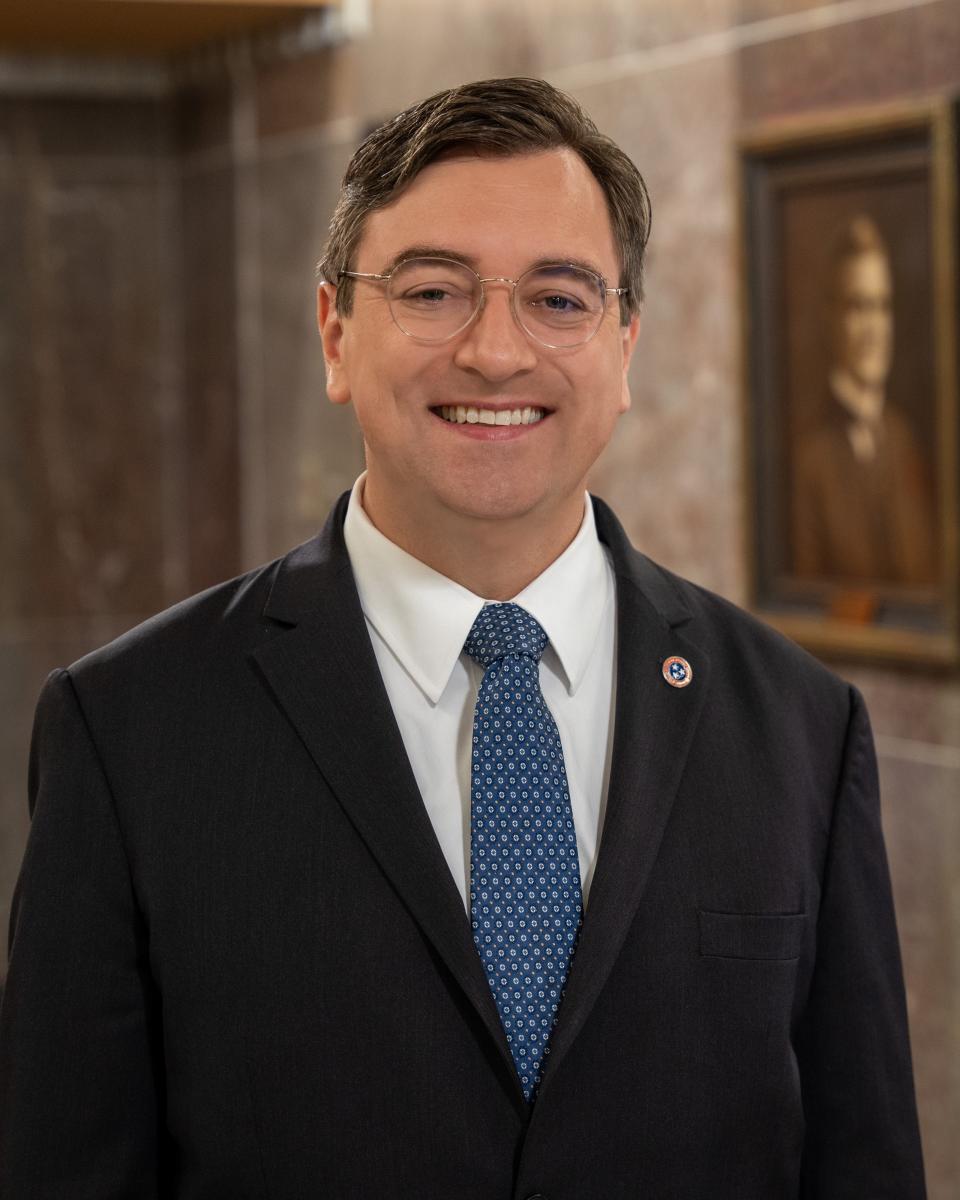Tennessee Attorney General Jonathan Skrmetti: Why we must fight to preserve the Constitution
- Oops!Something went wrong.Please try again later.
Sunday is Constitution Day, celebrating the document that established the structure of the federal government and its relationship with state governments.
Our Constitution combines a recognition of our individual brokenness with an appreciation for our amazing potential, and in doing so has created the foundation for unparalleled liberty and prosperity.
Here are two of the reasons why our Constitution works so well and why in these difficult times we must fight to preserve it.
Hear more Tennessee Voices: Get the weekly opinion newsletter for insightful and thought provoking columns.
Why separation of powers matters
First, our Constitution is built around the concept of separation of powers. The federal government is superior to the state governments, but its power is limited to certain clearly defined areas. Most of the law that governs your day-to-day life is state law, not federal law.

Both the federal and state governments also divide power among three branches of government. The people who write the laws are not the people who enforce or interpret them. Each branch holds the other branches accountable.
The federal and state governments, meanwhile, also hold each other accountable. Litigation by the states against the feds, and the feds against the states, is a necessary part of maintaining our constitutional structure.
Sign up for Latino Tennessee Voices newsletter:Read compelling stories for and with the Latino community in Tennessee.
All power resides in the people
Second, although the power of government is separated between different levels of government and different branches within each level, the ultimate authority resides in the people alone. The Constitution binds us only because the people of the states voted to ratify it. The laws passed under our Constitution bind us only because the people’s elected representatives voted to pass them.
If Congress passes a law that people don’t like, the people can persuade their representatives to vote differently. Failing that, they can elect new representatives to change the law.
Constitutional issues are a little different. If people disagree with part of the Constitution, they can amend it. But amending the Constitution is an intentionally difficult process. Because of this, courts should be reluctant to read new requirements into the Constitution beyond the scope of the language the people ratified. Such judicial activism is a problem because it means that judges, as opposed to the people, are responsible for making laws that bind the people. In our democracy, most disagreements should be resolved by votes, not courts.
Sign up for Black Tennessee Voices newsletter:Read compelling columns by Black writers from across Tennessee.
Disagreement is essential to democracy
Both now and throughout our country’s history, urgent policy questions have aroused fierce passions and tireless efforts. Some, like the right of women to vote, involved generations of activism culminating in a constitutional amendment. Others, like the free silver movement of the late 19th century, flared up repeatedly but never quite changed the law.
Regardless of the issues, though, our constitutional institutions have proven again and again to be the best means to maintain one nation made up of many people with many different opinions.
Disagreement is not just something to tolerate; it is the essential engine of our democracy that pits ideas against one another until only the best prevail.
But that process only works if the different branches of government continue to check and balance one another. We must not damage the integrity of our long-term institutions for short-term political gain. Future generations are counting on us to preserve and convey their constitutional inheritance.

This Constitution Day let’s look together beyond today’s frantic polarization and recognize that despite our fierce disagreements, we are bound together in a great nation via the greatest constitution the world has ever known.
Jonathan Skrmetti is the Tennessee attorney general and reporter.
This article originally appeared on Nashville Tennessean: Constitution Day: Why citizens must fight to preserve our rights

